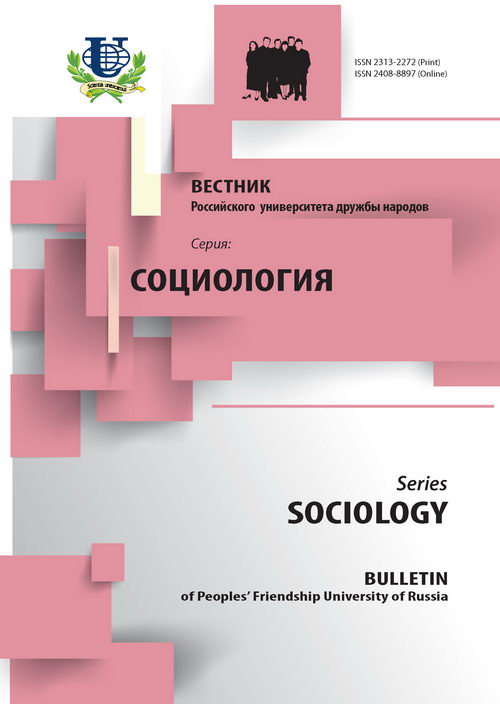Zomia: Successful Strategies of Flight from the State
- Authors: Scott J1
-
Affiliations:
- Yale University
- Issue: No 4 (2012)
- Pages: 6-19
- Section: Articles
- URL: https://journals.rudn.ru/sociology/article/view/6385
- ID: 6385
Cite item
Full Text
Abstract
This publication is a synopsis-translation of the first chapter from the book by James Scott “The Art of Not Being Governed: An Anarchist History of Upland Southeast Asia” (New Haven and London: Yale University Press, 2009), which came out in the “Yale Agrarian Studies” series. It continues the line of argument started by Scott in his work “Seeing Like a State: How Certain Schemes to Improve the Human Condition Have Failed”: the central task of the state is to control the territories and the citizens, this is why the mobile, self-governing communities are opposed to the very idea of national unity. Scott suggests that we take a different look at the conventional history of mankind (focusing exclusively on national institutes in all possible formats), taking the example of South-East Asia and drawing numerous historical and regional analogies.
About the authors
J Scott
Yale University
Author for correspondence.
Email: agrarian.studies@yale.edu
Faculty/Program of Agrarian Studies
References
- Bellwoood P. Southeast Asia before History // The Cambridge History of Southeast Asia. Vol. I. From Early Times to 1800 (ed. N. Tarling). — Cambridge: Cambridge University Press, 1992.
- Benjamin W. Theses on the Philosophy of History // H. Arendt (ed.). Illuminations. — New York: Schocken Books, 1968.
- Deleuze G., Guattari F. A Thousand Plateaus: Capitalism and Schizophrenia / Translated by B. Massum. — Minneapolis: University of Minnesota Press, 1987.
- Gellner E. Saints of the Atlas. — London: Weidenfeld and Nicolson, 1969.
- Koninck de R. On the Geopolitics of Land Colonization: Order and Disorder on the Frontier of Vietnam and Indonesia // Moussons. — 2006. — Vol. 9. — № 1. — Pp. 33—59.
- Kulke H. The Early and Imperial Kingdom in Southeast Asian History // D. Marr and A.C. Milner (eds.). Southeast Asia in the 9th to 14th Centuries. — Singapore: Institute for Southeast Asian Studies, 1986.
- Lattimore O. The Frontier in History. Pp. 469—491 // Studies in Frontier History: Collected Papers, 1928—1958. — Oxford: Oxford University Press, 1962.
- Mann M. The Sources of Social Power. — Cambridge: Cambridge University Press, 1986.
- Pelley P.M. Post-Colonial Vietnam: New Histories of the National Past. — Durham: Duke University Press, 2002.
- Rabibhadana A. The Organization of Thai Society in the Early Bangkok Period, 1782—1873. — Cornell University, Thailand Project, Interim Report Series. — 1969. — № 12.
- Reid A. ’Tradition’ in Indonesia: The One and the Many // Asian Studies Review. — 1998. — Vol. 22. — № 1.
- Society against the State: Essays in Political Anthropology / Translated by R. Hurley. — New York: Zone Books, 1987.
- Subramanyum S. Connected Histories: Notes Toward a Reconfiguration of Early Modern Eurasia // Modern Asian Studies. — 1997. — Vol. 31. — № 3. — P. 735—762.
- Tapper R. Anthropologists, Historians and Tribes peoples on Tribe and State Formation // P. Khoury and J. Kostiner (eds.). Tribes and State Formation in the Middle East. — Berkeley: University of California Press, 1990.
Supplementary files













